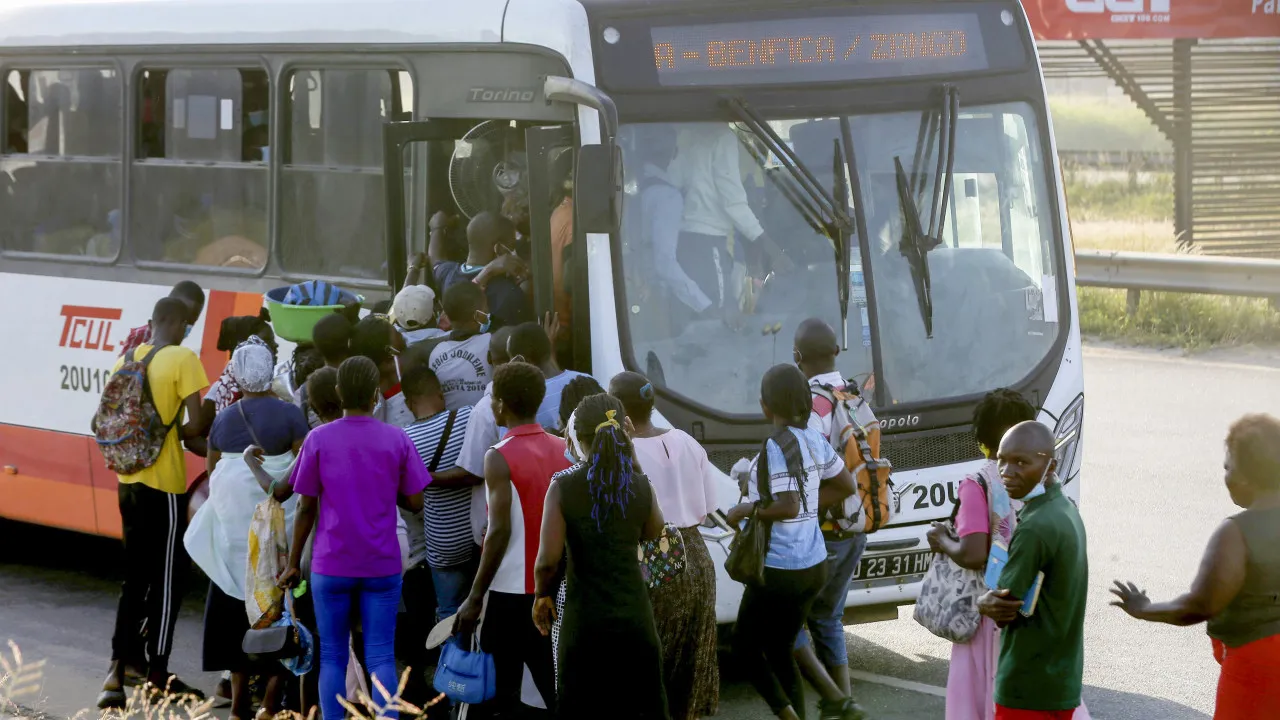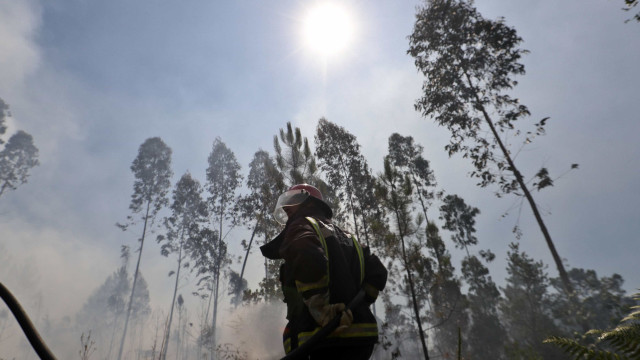
Since 2015, the Inspectorate-General of Education and Science (IGEC) has undertaken measures to tackle cases of grade inflation, a concern in secondary education that can result in unfairness in university admissions as internal grades from schools account for 50% of the access average.
Last year, inspectors also focused on institutions reporting “unusually low grades,” initiating an inspection activity named Evaluation of Learning in Secondary Education: Equity and Fairness in Access to Higher Education, which targeted 25 management units, according to the press office of the Ministry of Education, Science, and Innovation (MECI).
Among the schools inspected, 10 were private, while the remaining 15 were public.
The MECI disclosed that inspectors discovered eleven schools or groupings with a history of very low grades, whereas the others showed instances of internal grade inflation.
Out of the 25 schools, only three did not receive any recommendations, MECI reported in response to Lusa. The remaining 22 schools received between one and ten recommendations, with four being the most common number of suggestions given.
According to the ministry, there was a “high receptivity from schools towards the recommendations proposed by IGEC and a prompt correction of the detected discrepancies.”
Lusa inquired the MECI about the specific recommendations made, but no response has been provided so far, nor has any clarification been given as to how many of the schools identified for excessively high or low grades were public or private.




